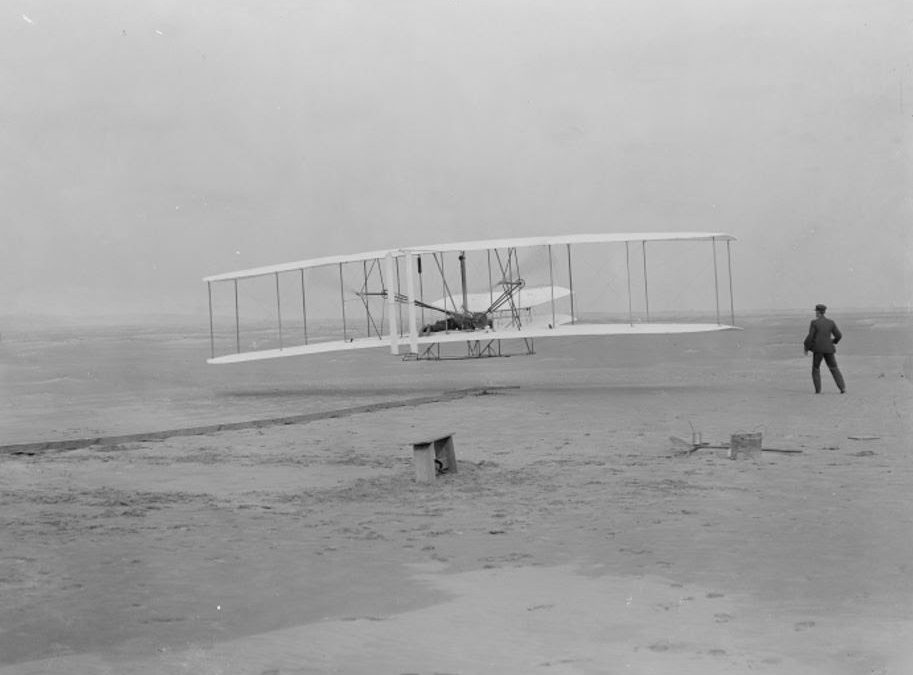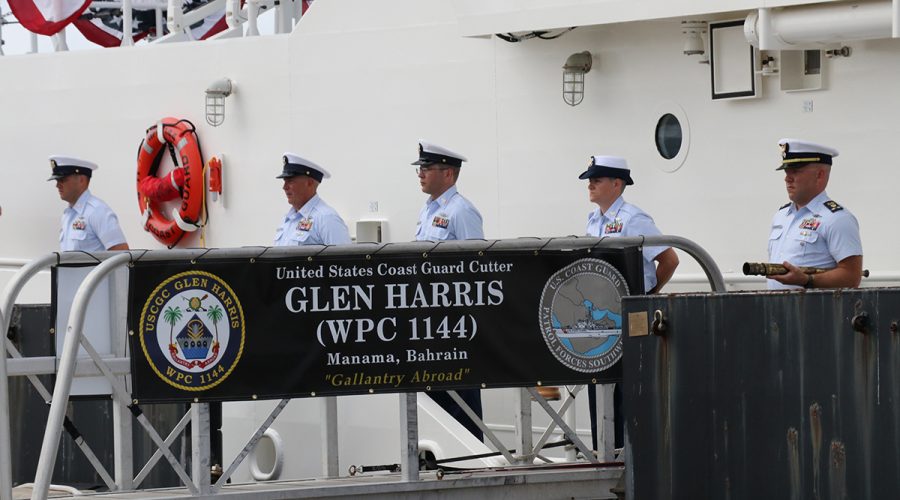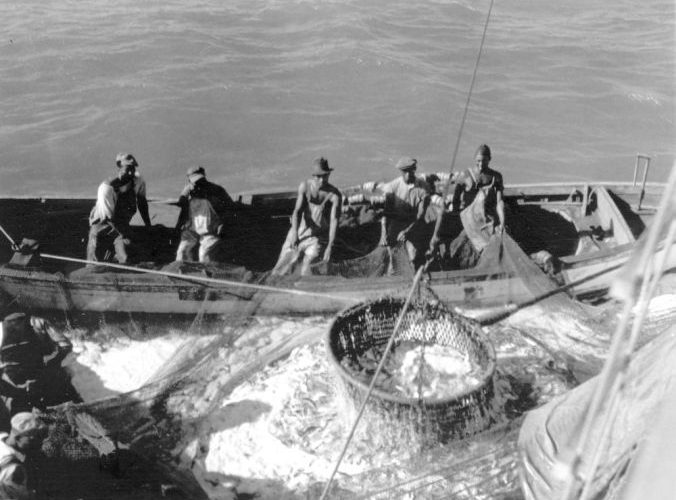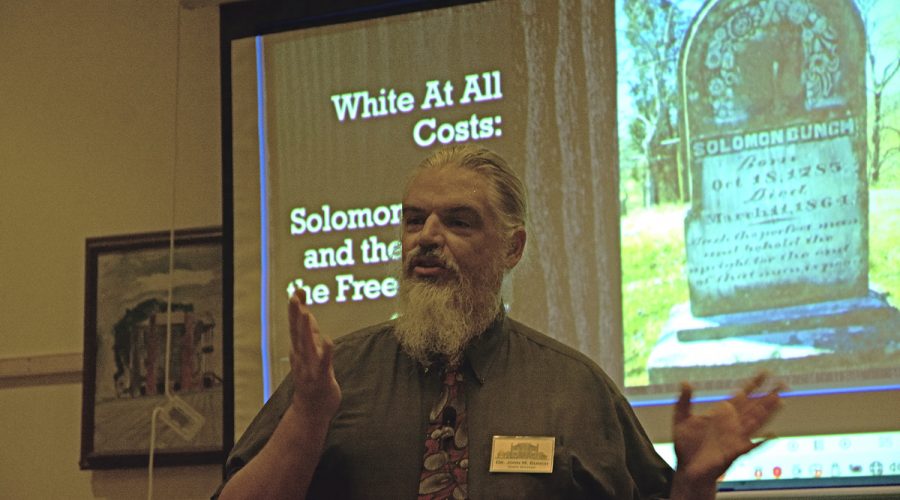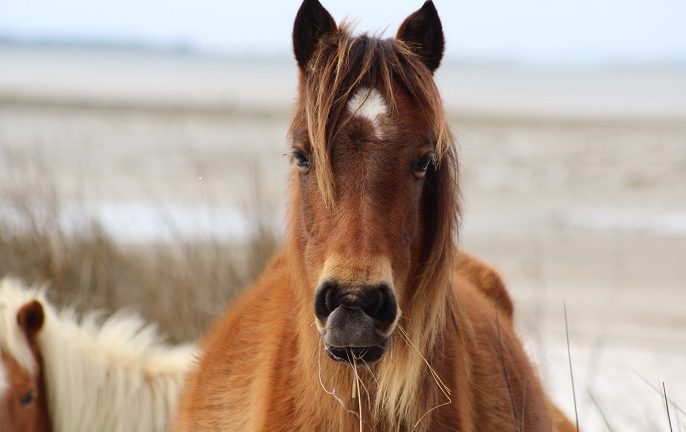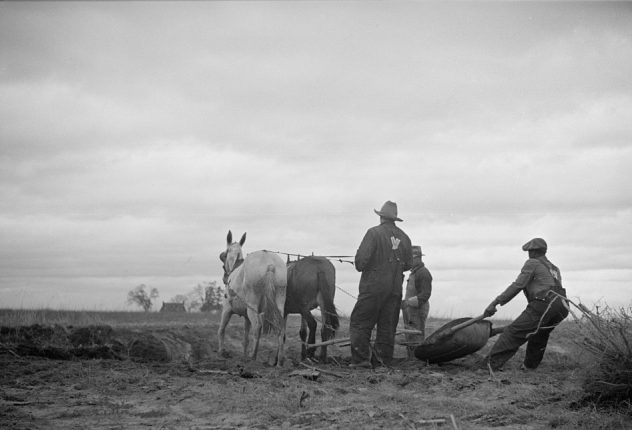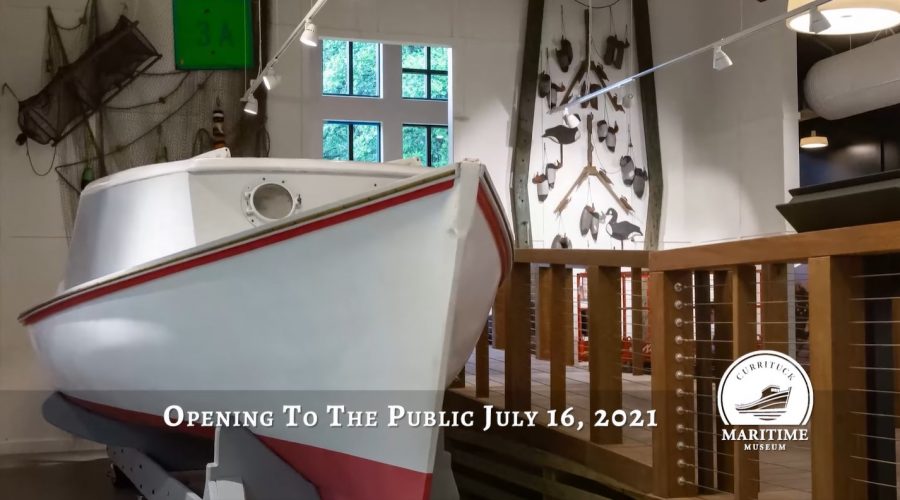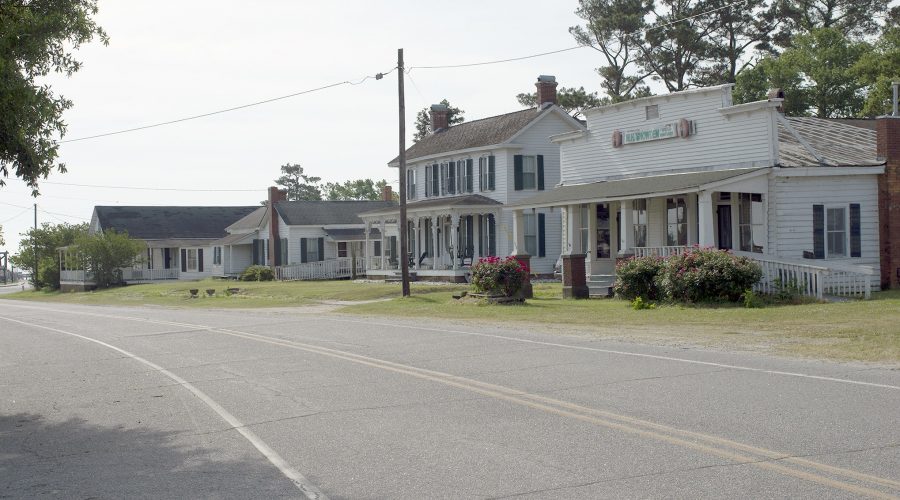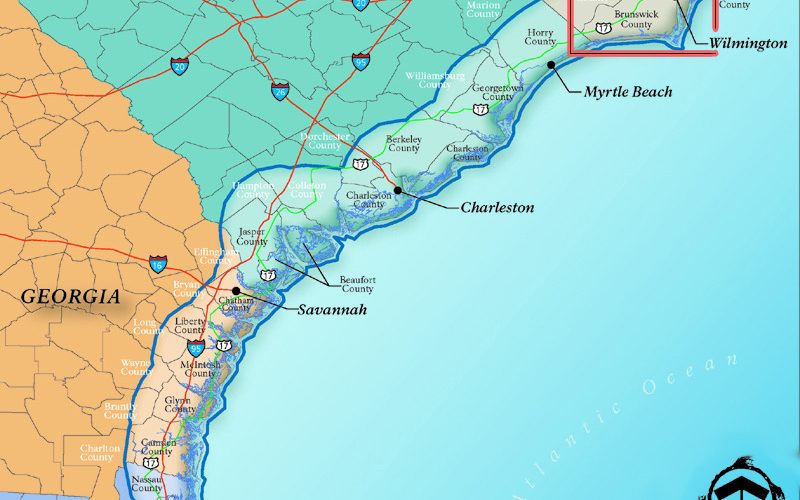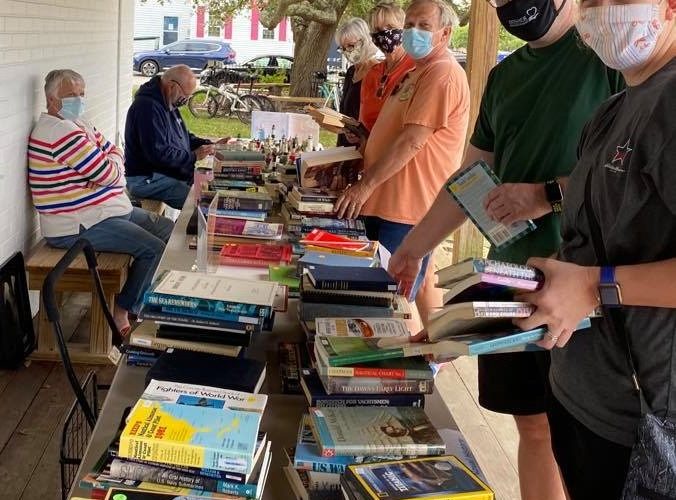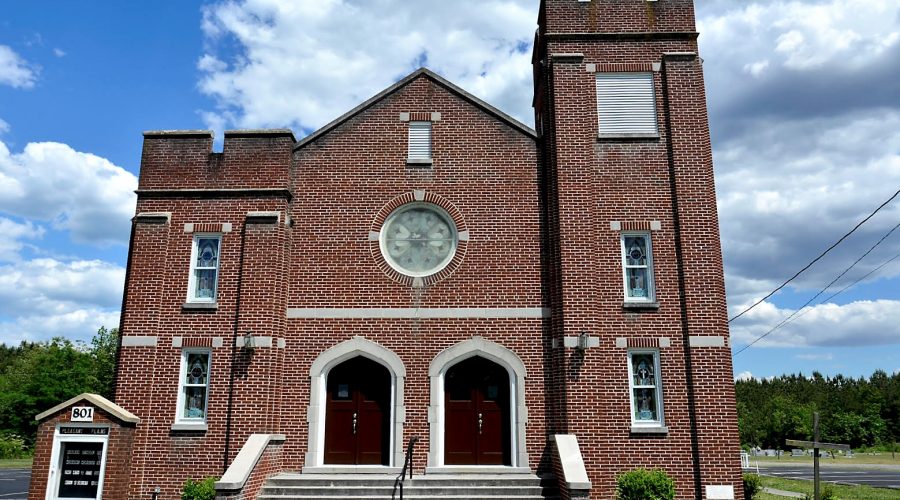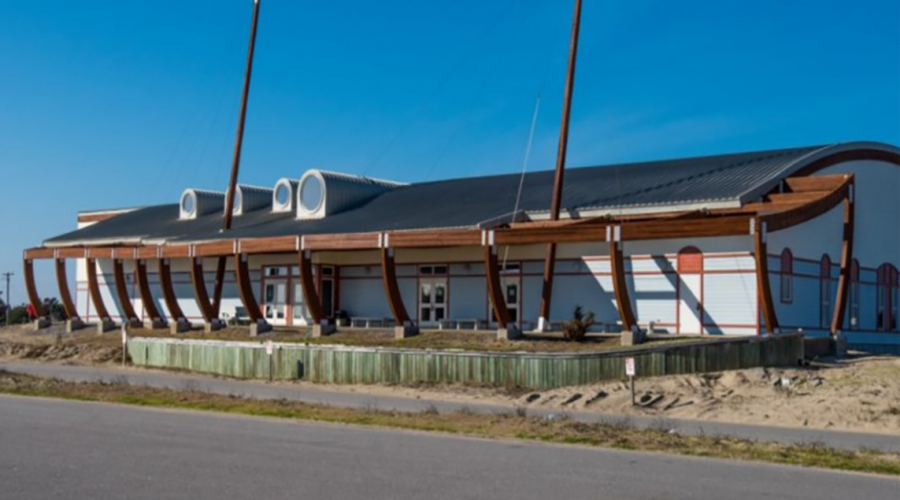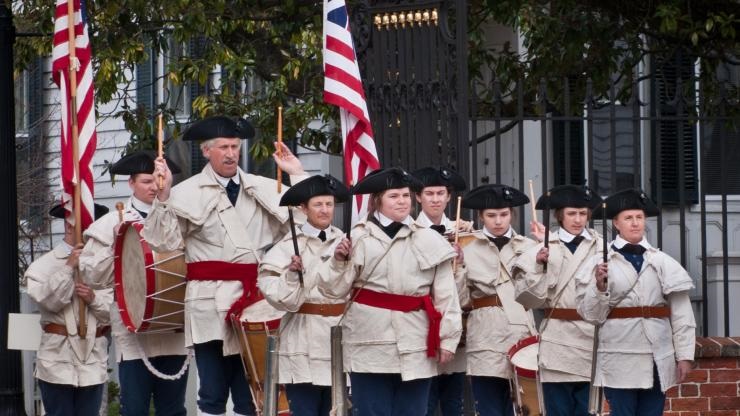In honor of National Aviation Day, Aug. 19, the public can purchase rides on one of the famous “Warbirds,” or World War II aircraft, the Avenger “Doris Mae.”
culture and history
Coast Guard commissions cutter named for NC native
A recently commissioned Coast Guard cutter bears the name of an enlisted Coastguardsman from Carteret County, who received the Silver Star for his heroism during World War II.
Our Coast’s History: Menhaden Fishing Days
David Cecelski looks further into the work of photographer Charles A. Farrell, who documented fishing communities across the North Carolina coast in 1930s, including the menhaden industry in Beaufort and Southport.
Family researcher discovers Bertie County ancestor’s secret
John Bunch of Tampa, who spoke Saturday at the 10th Family History and Genealogical Fair at Hope Plantation, found answers in his research that confirmed what his relatives had long denied.
David Stick was an example of the ideal coastal historian
David Stick, who literally wrote the book on Outer Banks history and founded the Outer Banks History Museum, represents an endangered species of local historians in the modern publishing world.
Core Sound to highlight Foundation for Shackleford Horses
Core Sound Waterfowl Museum and Heritage Center is hosting a porch talk Thursday celebrating 25 years of the Foundation for Shackleford Horses.
Hard times: Voices from the Great Depression on NC coast
Historian David Cecelski found interviews from the Great Depression from a seaman from Ocracoke, a country doctor from Lake Mattamuskeet, a Norwegian dredge boatman in Beaufort, a washerwoman in Elizabeth City and others.
New museum highlights Currituck maritime heritage
The Currituck Maritime Museum in Historic Corolla Park is set to open Friday.
National Register adds 2 coastal historic places to list
Sites in Currituck and Elizabeth City were recently added to the National Register of Historic Places.
Gullah Geechee Corridor Commission names new director
Historian and educator Victoria Smalls has been named executive director of the Gullah Geechee Cultural Heritage Corridor Commission.
Park Service to support Gullah Geechee corridor project
The National Park Service’s selection of a project to connect the Gullah Geechee Cultural Heritage Corridor with the East Coast Greenway in Brunswick County will bring national exposure, proponents say.
Southport Maritime Museum seeks volunteers
The North Carolina Maritime Museum at Southport is calling for volunteers to join the team.
Marvin Jones’ Winton Triangle research a personal journey
Marvin Jones, Chowan Discovery Group executive director, has made it his life’s work to document the history of a northeastern North Carolina community of color.
Wilmington Museum opens exhibit on The Green Book
A traveling exhibit showcasing images of business owners, travelers and historic and present-day images of Green Book sites in the state will be at Cape Fear Museum of History and Science through Aug. 29.
For first time, Hatteras museum on track for state funding
For the first time since becoming a state museum, an appropriation of $4.2 million to implement an exhibit plan has been included in both the governor’s and the state Senate’s proposed budgets.
State parks, historic sites to celebrate Fourth of July weekend
July Fourth celebrations are planned at historic sites and public lands across the state.

